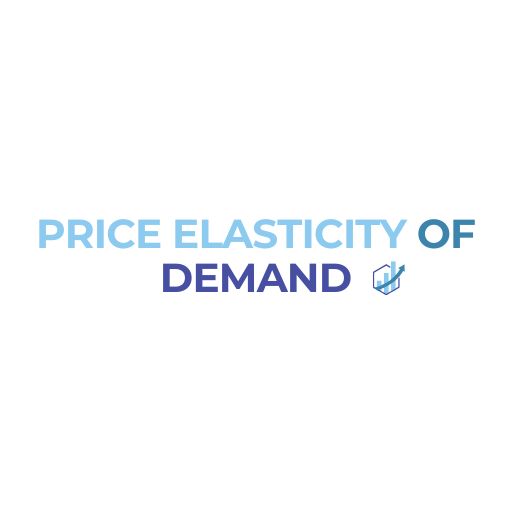Large-cap mutual funds are a preferred choice for investors seeking stability and steady returns. These funds primarily invest in well-established companies with a large market capitalisation, typically those ranked among the top 100 by market value. This article delves into the features, benefits, and factors to consider when choosing the best large-cap mutual funds for your investment portfolio.
What are Large-Cap Mutual Funds?
Large cap mutual funds are equity-oriented schemes that allocate a significant portion of their assets to large-cap companies. These companies are known for their financial stability, consistent performance, and ability to withstand market fluctuations, making them an attractive option for conservative and long-term investors.
Key Features of Large-Cap Mutual Funds
- Stability: Large-cap companies are less volatile compared to mid-cap or small-cap firms, providing a safer investment option.
- Dividend Payouts: Many large-cap companies have a history of paying regular dividends, adding to the returns for investors.
- Liquidity: Investments in large-cap funds are highly liquid, allowing investors to redeem their holdings with ease.
- Long-Term Growth: These funds offer the potential for steady capital appreciation over time.
Benefits of Investing in Large-Cap Mutual Funds
- Low Risk: Investing in blue-chip companies minimises the risk of significant losses during market downturns.
- Consistent Returns: Large-cap funds are known for delivering consistent returns over the long term.
- Portfolio Diversification: These funds provide exposure to a diversified set of industry leaders across various sectors.
- Inflation Hedge: Large-cap funds can serve as a hedge against inflation due to the robust nature of the underlying companies.
Factors to Consider When Choosing Large-Cap Mutual Funds
- Historical Performance: Evaluate the fund’s track record to identify consistent performers.
- Expense Ratio: Opt for funds with lower expense ratios to maximise your returns.
- Fund Manager Expertise: A skilled fund manager can make a significant difference in navigating market complexities.
- Risk-Return Profile: Ensure the fund aligns with your investment goals and risk tolerance.
- AUM (Assets Under Management): A larger AUM often indicates the fund’s reliability and investor trust.
Top Large-Cap Mutual Funds in India (as of 2025)
- Fund A: Known for its strong portfolio of industry leaders and consistent growth.
- Fund B: Offers low expense ratios with a focus on high-quality large-cap stocks.
- Fund C: Combines stability and growth with investments across diverse sectors.
- Fund D: Features a seasoned fund management team and robust performance history.
Risks Associated with Large-Cap Mutual Funds
- Market Dependency: While relatively stable, large-cap funds are not immune to overall market downturns.
- Moderate Growth: Compared to mid-cap and small-cap funds, large-cap funds may offer moderate growth potential.
Why Invest in Large-Cap Mutual Funds?
Large-cap mutual funds are ideal for investors with a low to moderate risk appetite and a long-term investment horizon. They offer a reliable path to wealth creation while ensuring capital preservation during market turbulence. By investing in market leaders, these funds provide an opportunity to benefit from stable and sustainable growth.
Conclusion
Large-cap mutual funds are a cornerstone of a well-rounded investment strategy. Their stability, consistent performance, and lower risk make them an excellent choice for conservative investors. By carefully analysing factors like performance, expense ratios, and fund management, investors can identify the best large-cap funds to achieve their financial objectives. As always, aligning investments with individual goals and risk tolerance is key to maximising returns.
Feature Image by Nattanan Kanchanaprat from Pixabay











Leave a Reply